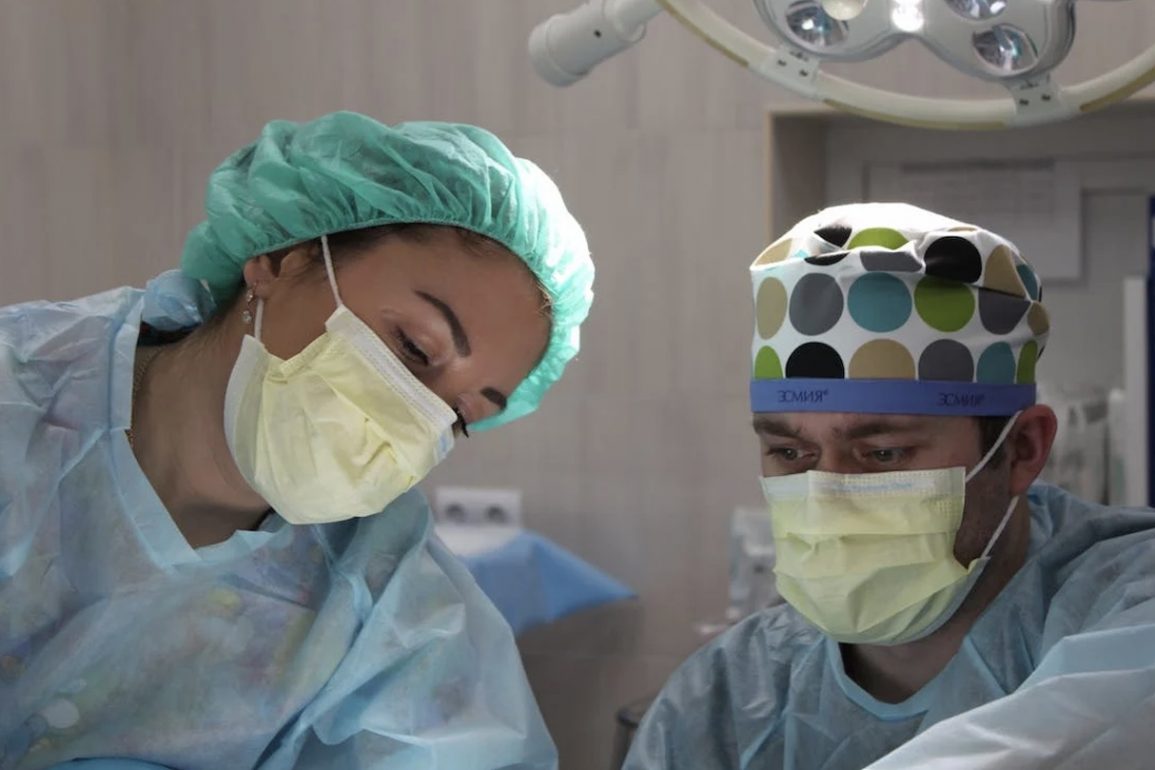How to Process a Surgery Gone Wrong. In some instances, surgery can go wrong but what can you do to put things right?
For anyone undergoing surgery, the natural feeling is that everything will go well, which is why the phrase “claim for surgical errors” can leave people feeling uneasy. When surgery goes wrong, the emotional and physical aftermath can be overwhelming, leaving individuals grappling with uncertainty.
This article ventures into processing the situation when surgery goes wrong, providing insights on how to deal with the challenges with confidence and understanding.

The True Impact of Surgical Errors
A surgical error is a distressing event that can lead to several implications for the patient. From physical discomfort and prolonged recovery to emotional distress and shattered trust, the aftermath can be both trying and tumultuous.
Such an experience can trigger feelings of anger, fear, and helplessness, underscoring the importance of seeking avenues for understanding, healing, and possible recourse.
Steps to Take if a Surgery Has Gone Wrong
Have Open Discussions With the Surgeon
Initiating an open conversation with your surgeon is a pivotal first step in the journey of processing surgery that has led to further problems. While emotions may be running high, approaching this conversation with a readiness to understand can pave the way for clarity.
Seek an explanation about what happened, inquire about the specifics of the error, and gain insights into the potential reasons behind it. This transparency is not only a cathartic release but also a foundational step towards informed decision-making. By bridging the gap between medical expertise and your understanding, you create a platform for empathy and shared resolution.
Have Time to Reflect
The aftermath of a surgical error can plunge you into a mix of emotions, ranging from anger to despair. It’s during these moments that patience becomes an invaluable tool. Grant yourself the time and space to process your feelings.
Reflect on the situation, understanding the full scope of its impact on your physical and emotional well-being. Avoid rushing into snap decisions about corrective measures; instead, allow the ebbs and flows of your emotions to guide you towards a more composed perspective.
Explore Additional Procedures
Depending on the complexity and nature of the surgical error, the need for a second procedure might arise. Engage in conversations with your medical team to explore this option further.
Delve into the potential benefits, weighing them against the associated risks. Seeking a well-informed medical opinion will provide you with a clearer understanding of whether another procedure is a viable avenue for addressing the issues at hand.
Consider a Different Surgeon
When the trust in your current surgeon has been eroded by the experience, seeking a second opinion from an alternative surgeon can be a transformative step. This fresh perspective not only introduces new insights but also instils a renewed sense of hope.
Different medical professionals may offer varied approaches and solutions, which can ultimately aid when beginning your journey to putting the errors right.
Raise Any Concerns With the Medical Board
In cases where the surgical error is deemed to be a result of negligence or incompetence, contacting the local medical board to file a formal complaint becomes a crucial stride towards ensuring accountability.
Your voice contributes to upholding the standards of medical practice, safeguarding not just your own interests but also those of future patients. This step resonates with a broader commitment to the quality and ethics of healthcare delivery.
Explore Legal Avenues
In instances where the surgical error leads to severe negligence or enduring harm, the option to pursue a legal claim for surgical errors comes to the forefront. Consulting legal experts becomes imperative to understand the viability and potential outcomes of such a course of action.
While legal proceedings can be intricate, they can also offer a sense of closure and the opportunity for justice to be served.
Manage Your Well-Being
As you navigate the intricate terrain of a surgery gone wrong, tending to your emotional and physical well-being becomes a cornerstone of the healing journey. Prioritise self-care by engaging in activities that bring you joy, solace, and a sense of normalcy. Lean on your support network—family, friends, or support groups—as they can provide a vital lifeline during these challenging times.
Consider seeking counselling or therapy to address the emotional toll of the experience, enabling you to emerge from this chapter with strength and resilience.
The journey of processing problematic surgery comes with an array of decisions, as well as emotions. By taking each step with intention, patience, and a commitment to your well-being, you will find a way towards healing, understanding, and confidence.
Processing a surgery gone wrong…
Processing surgery that has gone wrong can prove extremely difficult. With it comes physical and emotional challenges as well as big decisions that have to be made. However, if you take care of yourself and do everything at the right pace, you will eventually get the outcome you seek and deserve.
Please be advised that this article is for general informational purposes only, and should not be used as a substitute for advice from a trained medical professional. Be sure to consult a medical professional or healthcare provider if you’re seeking medical advice, diagnoses, or treatment. We are not liable for risks or issues associated with using or acting upon the information on this site.
Poppy Watt


